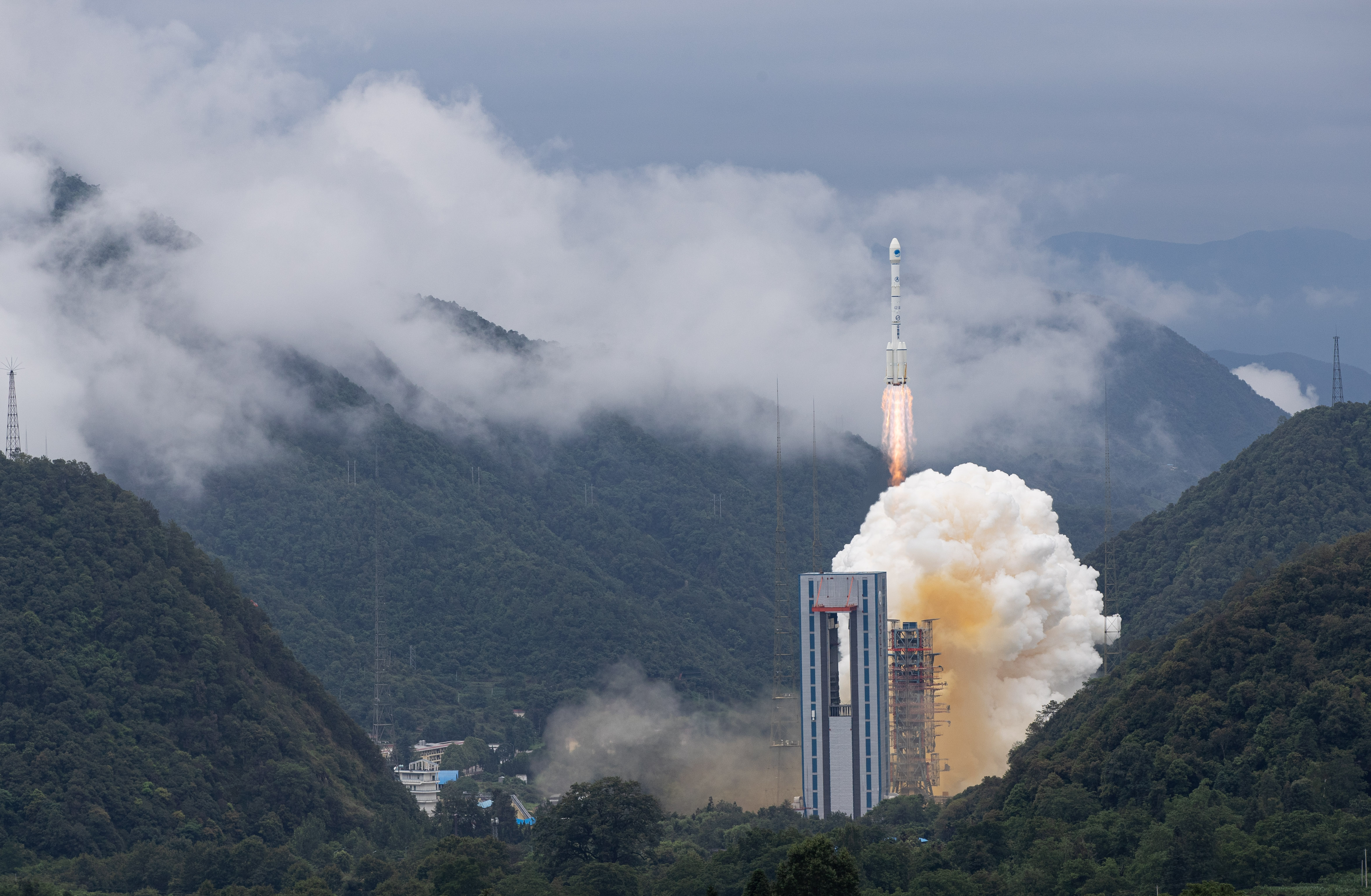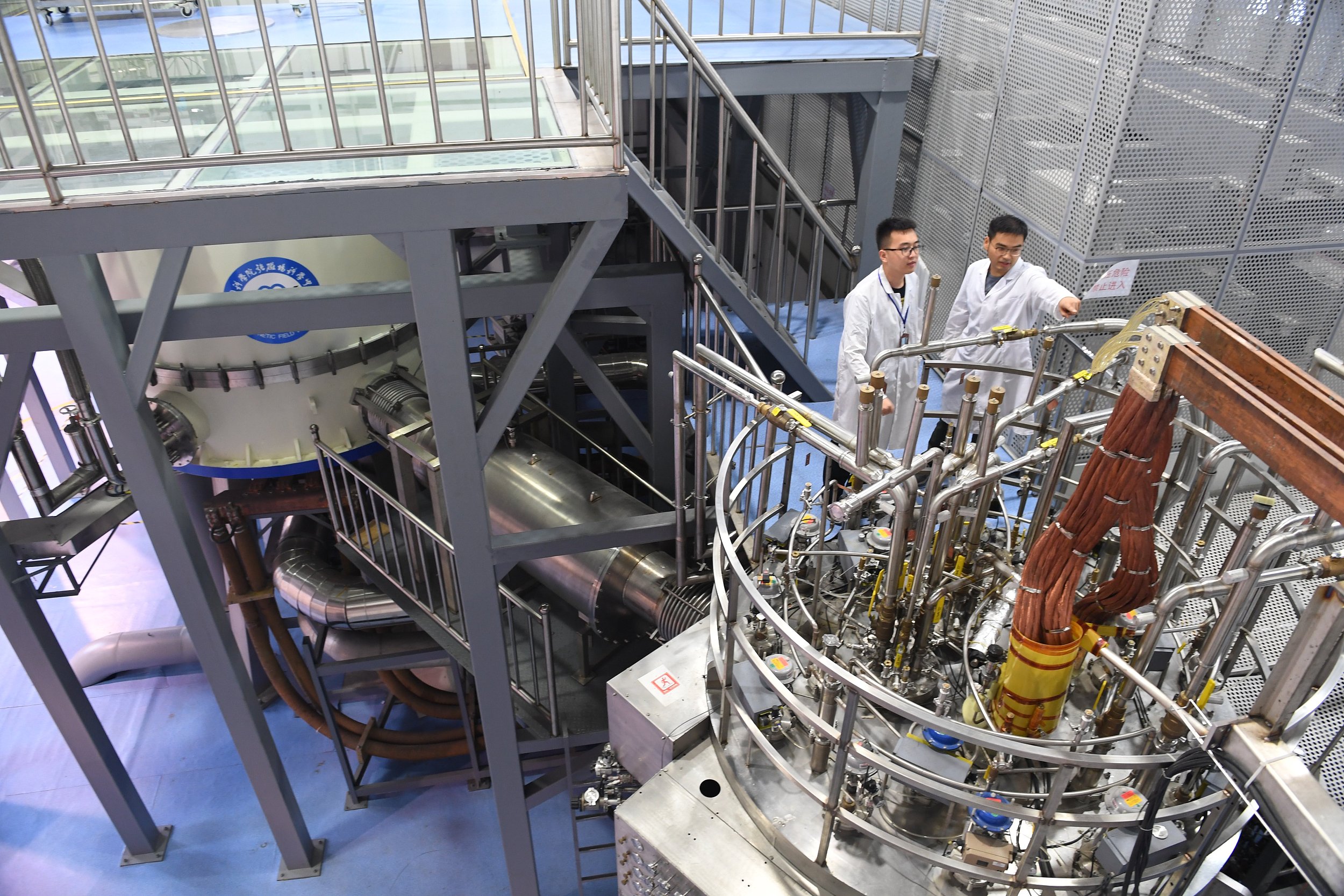50%! BDS Appropriate for Global Mobile Phones
A carrier rocket carrying the last satellite of the BeiDou Navigation Satellite System (BDS) blasts off from the Xichang Satellite Launch Center in southwest China's Sichuan Province, June 23, 2020. (PHOTO: XINHUA)
By Staff Reporters
Ninety percent of mobile phones in China and 50 percent in the world support the BeiDou Navigation Satellite System (BDS) service, and products of application service based on BDS have entered the markets in over 120 countries and regions, said Guo Shuren, deputy chief designer of BDS, at a recent press conference.
Guo said that BDS realized coverage of all types of mobile devices in October 2020 when Apple's iPhone 12 supported the BDS signal.
BDS -2 is China's first space infrastructure that offers free open service to the international community. It has been operating steadily for 12 years and providing service to three billion people.
Though BDS-1 was no longer in operation, there are 45 BDS-2 and BDS-3 satellites now in orbit, and the signal has never broken for the past two decades.
Currently there are 20 BDS satellites offering navigation and positioning services for Beijing, and the planning of traveling routes and arrival times are all calculated based on big data from BDS positioning.
The confirmation of land ownership, precision farming and smart ports based on BDS have been successfully applied in ASEAN countries, south Asia, west Asia, east Europe and Africa to facilitate local development of economies and societies.
Earlier this year, BDS-3 realized short message communication services (SMC) in public smart phones for the first time in the world. SMC is a unique feature of BDS with low cost, large coverage and high reliability with random access, and can offer emergency communications and rescue services when no ground network is available.
BDS was selected as one of the 2022 Global Top 10 Engineering Achievements recently by the journal Engineering hosted by the Chinese Academy of Engineering.



